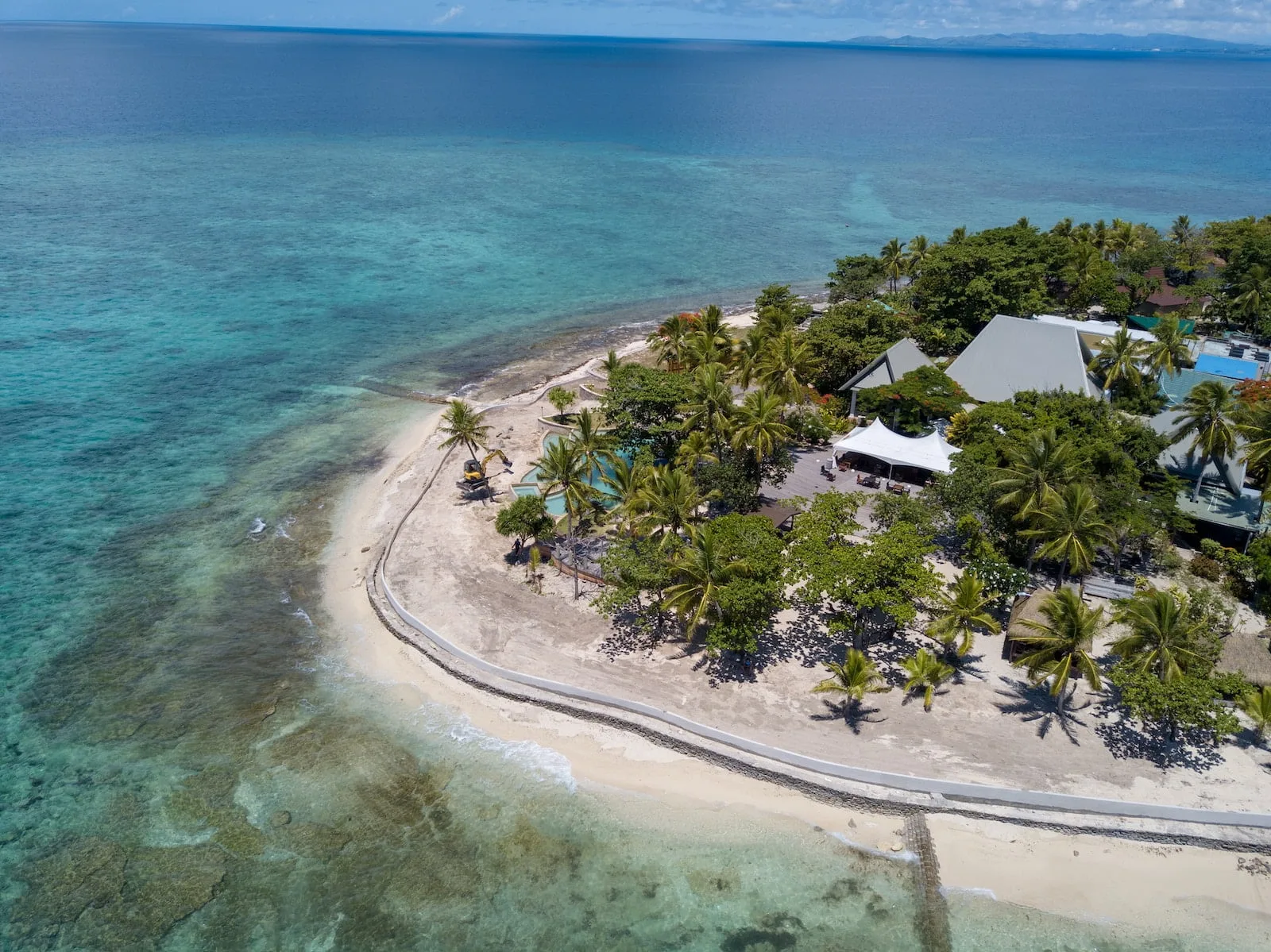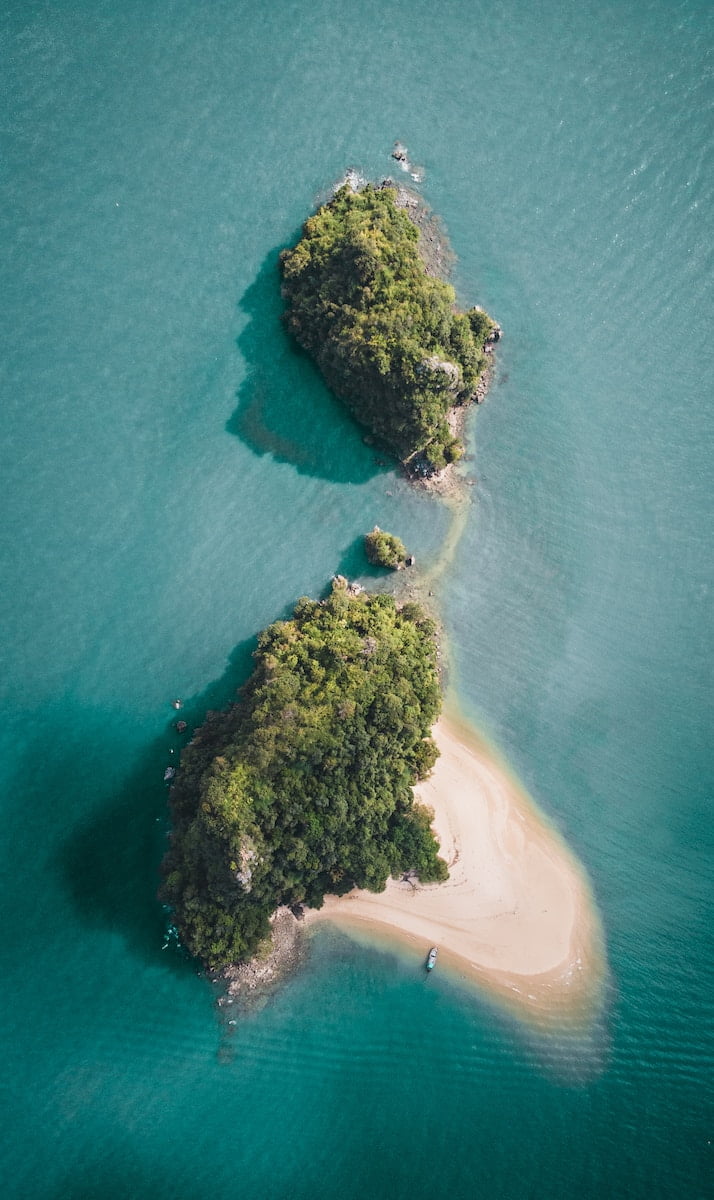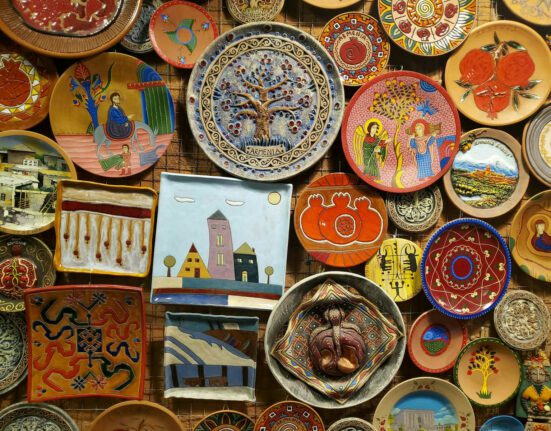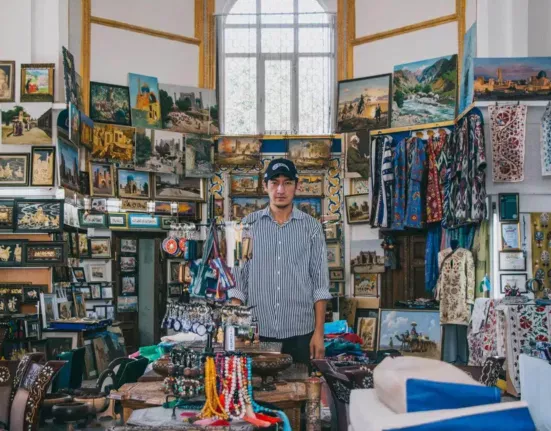Summary. This article discusses the safety of Fiji for travelers. It points out that Fiji is generally a safe destination according to the US Department of State, but also mentions some possible concerns such as petty crime, natural disasters, and road safety. Additionally, it covers advice for travelers to help them stay safe, including registering with their country’s embassy, checking their travel insurance, and practicing safety measures such as storing valuables in a secure place.
Are you ready to explore the sunny paradise of Fiji? Forget the worries of the world and immerse yourself in a place of pure, refreshing serenity… But, how safe is Fiji for travel? If you’re wondering whether it’s safe to travel to the exotic tropical destination of Fiji, you’re in the right place. With a few precautions and a knowledgeable guide, you can relax in this beautiful South Pacific region without compromising your safety. When planning your Fiji trip, safety is always a priority.
Fijians tend to be friendly and welcoming people, and the government takes steps to ensure that the country’s citizens and visitors feel safe. While crime is low, it’s still essential to remember threats to your safety like pickpocketing or bicycle thefts. However, if you take the recommended steps to protect yourself and your belongings, your chances of coming into contact with these risks are slim. You can also stick to the most touristic areas, opt for accommodations that have fire alarms, smoke detectors, security, and 24/7 power, and take along a mini first-aid kit.
While Fiji is generally safe and low-risk, it simply pays to be prepared and take the necessary safety steps—just as you would on any other travel outing. After that, you can get lost in the white-sand beaches, explore the mesmerizing underwater caves, and feast on traditional Fijian cuisine. With each day filled with fun, you won’t regret traveling to this gorgeous strip of tropical paradise!
Is Fiji Safe For Tourists?
For travelers, how safe is Fiji? Many travelers are asking this question, and the answer is unambiguously yes. With its breathtaking scenery, pure oceans, and welcoming natives, Fiji is one of the world’s safest and most attractive travel destinations. Fiji is not only a secure tourist destination, but it is also a paradise for travellers wishing to take advantage of its breathtaking beauty and kind welcome. Fiji has something for everyone, whether you’re seeking for a romantic trip or an adventure.
One of the safest destinations to visit is because to the nice and welcoming population and the government’s safety precautions. In case of an emergency, Fiji is home to a significant network of police, military, and security professionals. There are several adventure guides on the island who are well-trained and knowledgeable about the topography, so anyone wishing to explore the island’s most remote regions may do so with confidence. Likewise, the island’s public transit system is effective and dependable, and you may hire a vehicle to explore the island independently if you choose.
There are risks everywhere, but with a few safety precautions, Fiji can continue to be a very safe travel destination. The Fijian government is committed about the security of its tourists and has put tough laws in place to deter crime and other types of tourist abuse. Always be mindful of your surroundings and use common sense while traveling in Fiji!
Traveling To Fiji By Myself
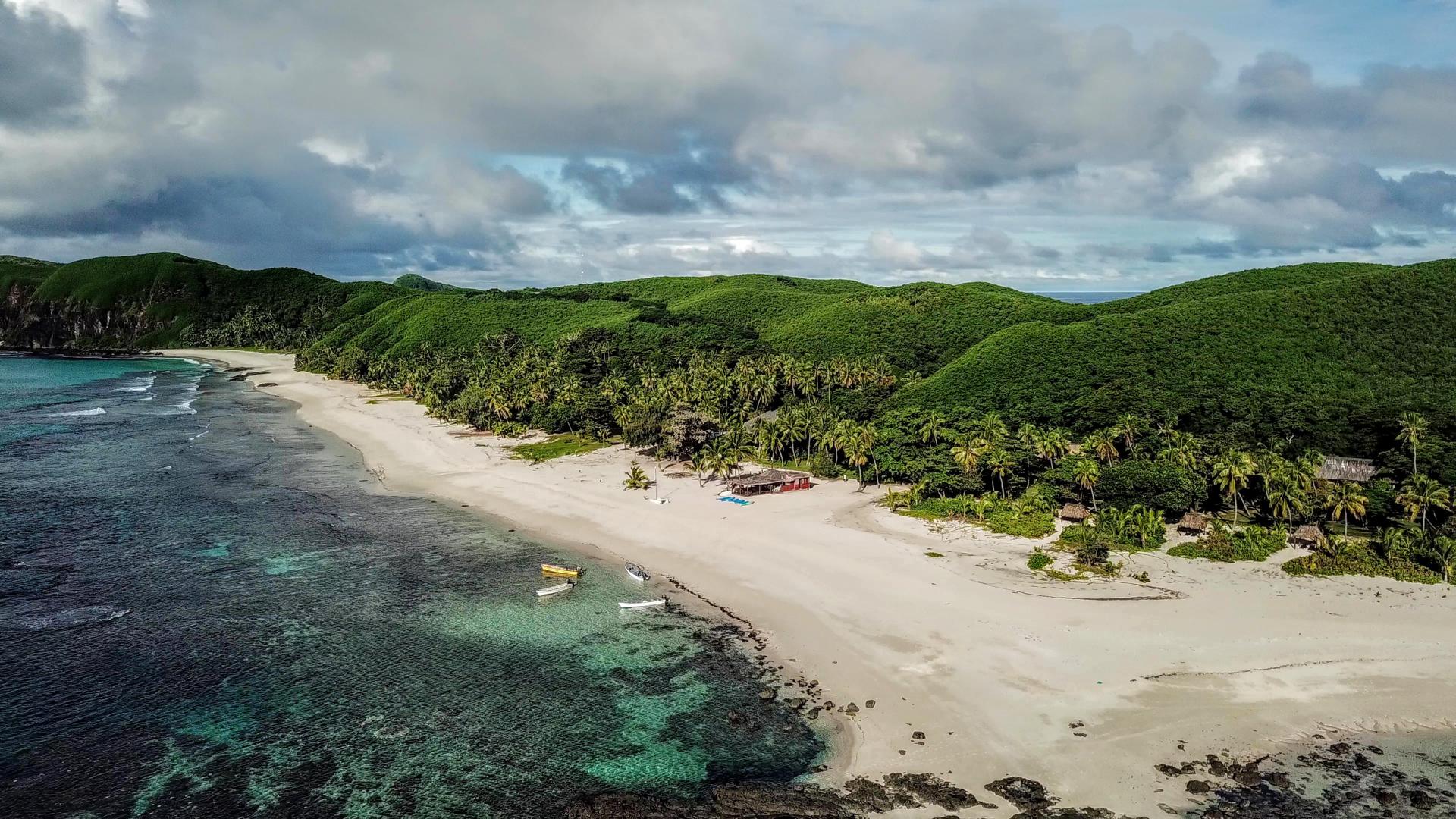
I completely understand if you are thinking of taking a vacation of a lifetime to Fiji but are worried about safety. voyaging alone It might be unsettling to go alone in certain areas, but why say no to an invitation to the lovely nation of Fiji? I’m here to tell you that Fiji is a beautiful country and a fantastic place to visit, but I also want to address a major concern: how safe is it to go there? First things first: Fiji is one of the safest nations in the Pacific, with a crime rate of only 01 per 100,000 citizens.
You’ll discover as a traveler that locals are among the nicest people in the world and are always eager to assist guests. Furthermore, I can attest that I felt secure wherever I went on the main island as a female traveler traveling alone. On the good side, Fijian authorities are very cautious about guest security. However, when entering restricted areas or at specific checkpoints around the island, you may be required to show your passport as identification.
In Fiji, driving might be difficult, particularly in the city center, hence it is recommended to use public transit. Criminals are few and far between, therefore you shouldn’t have any issues with personal safety. Having said that, it’s always advised that you pay attention to your surroundings. Fiji is normally a fairly secure destination to go, however to prevent theft, you may want to keep a close check on your personal items like your wallet or pocketbook. It’s also a good idea to avoid wandering out alone at night or too far from civilization.
Is Fiji Safe For Solo Female Travelers?
Fiji is an archipelago of more than 300 breathtakingly gorgeous islands in the South Pacific. It’s no surprise that Fiji is a well-liked holiday destination with its white-sand beaches, turquoise lagoons, and verdant rainforests as well as its hospitable inhabitants and delectable food. But what if a female traveler goes alone to Fiji? Is it secure? The good news is that visiting Fiji alone as a female tourist is safe.
The majority of Fijians are kind and polite, and crime has historically been at a low level in the nation. Nevertheless, it’s crucial for all travelers to stay vigilant, exercise caution, and be aware of local customs. You may assure your safety and have a joyful, stress-free vacation to Fiji by following a few easy steps. Always go in groups and remain in tourist areas while visiting new towns.
Wear appropriate shoes and don’t carry a lot of cash since the streets may sometimes be slick and full of potholes. The most crucial piece of advise for female alone travelers in Fiji may be to follow local customs. Fijians are very kind people, but they also demand that visitors treat them, their gods, and their country with respect. If someone bows to you or touches your forehead in a respectful manner, don’t take it personally. Respecting the locals is a good deed and an honor.
Best Time Of The Year To Visit Fiji
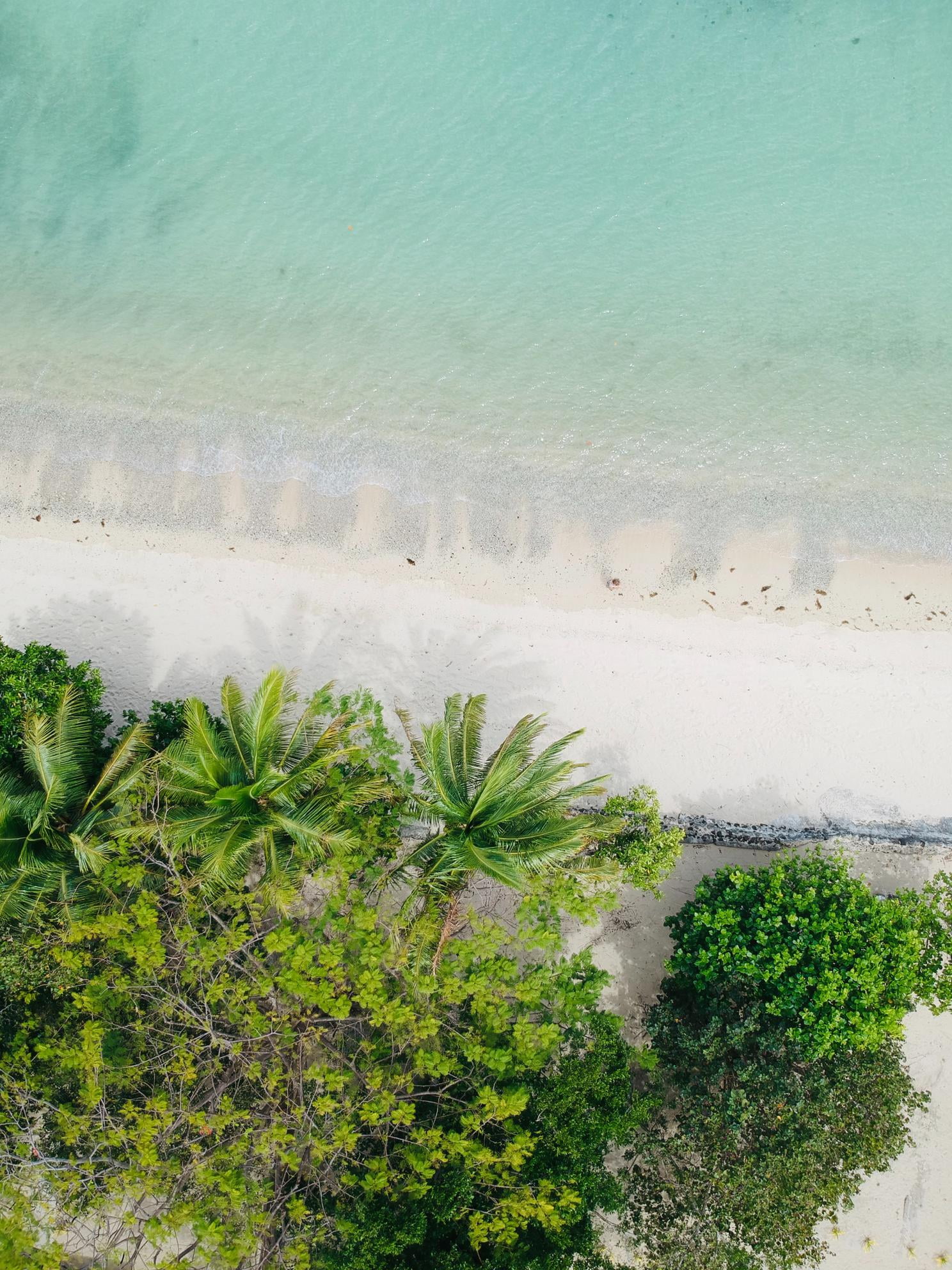
There is no doubting that Fiji is a traveler’s paradise. The Fijian islands are a paradise waiting to be discovered, the ideal spot to realize all of your ambitions, with crystal-clear oceans and lush, vibrant rainforests. But when is the ideal time of year to travel to Fiji and experience its breathtaking beauty? Let’s look into it! The tropical climate of Fiji should be taken into account while making travel plans.
The days are very hot and muggy from November through April during the wet season, although afternoon showers and storms may provide some relief. It’s also the busiest time of year for tourists, therefore costs are usually higher. However, the dry season, which lasts from May to October, offers a much more agreeable climate. It’s easy to get outside and explore since the days are bright and the rainstorms are brief and sporadic.
But how safe is it to travel to Fiji at different times of year? To be sure, Fiji is a very safe place to travel overall, and the Fijian people are some of the most hospitable and welcoming in the world. Because of the severe humidity during the rainy season, thunderstorms and flash floods are predicted in several locations. Avoid swimming in open water and avoiding rivers and low-lying regions while heavy storms are close in order to keep safe.
Conclusion
Traveling to Fiji often brings a mix of emotions – excitement for new experiences, and a bit of apprehension concerning safety. The peaceful island country is known for its lush landscape, friendly locals, and vast array of activities and attractions, making it the perfect destination for anyone with a spirit of adventure and looking to explore the South Pacific.
But, with any type of travel, there are the usual concerns: Is it safe to travel to Fiji? Let’s set your mind at ease right away – heading to this archipelago is a safe bet, with an overall low risk of crime. The Fijian government takes safety very seriously, making security a top priority all around the islands. The Fiji Police Force has 1702 uniformed officers who are fully supportive of locals and foreigners, and they actively patrol the main tourist areas.
Crime in Fiji is low, however, petty crimes such as pickpocketing and burglaries do occur, just as they would in any major tourist destination. To keep yourself and your valuables safe, use common-sense precautions: try to avoid carrying large sums of cash, and keep an eye on your belongings – especially in crowded areas, such as markets or public transport.
It’s also a smart idea to invest in travel insurance too, just in case of any unfortunate events. Solo female travelers in Fiji should find the islands relatively secure, with very few reports of any particular issues. Female travelers should, however, follow the same sensible safety precautions males: be vigilant in public places and late at night, don’t accept any offers of drugs, and travel with a group if possible.
Absolutely! Most visitors always comment on the Fijian people – they’re always friendly, warm and welcoming and make safety a priority. In summary, Fiji is a fantastic destination for travelers of all kinds, with a multitude of stunning attractions and an overall low risk of crime. By taking usual safety precautions and keeping common sense at the forefront of your travels, you’re sure to have both a safe and enjoyable holiday in this beautiful South Pacific nation. So dive in, explore the islands and make some unforgettable memories – you won’t regret it!
Frequently Asked Questions (FAQs)
What is the common disaster in Fiji?
Other natural disasters that occur in Fiji include floods, landslides, earthquakes, and tsunamis.
Is Fiji prone to natural disasters?
It is also vulnerable to the impacts of climate change, including sea level rise and an increased frequency of extreme weather events.
What are the major issues affecting Fiji?
Climate Change: Fiji is one of the most vulnerable countries to the impacts of climate change, with rising sea levels, extreme weather events, and other environmental changes threatening the livelihoods of its people. Poverty: Poverty is a major issue in Fiji, with more than one-third of the population living below the poverty line. Economic Development: Fiji is a developing country, and the government has been making efforts to improve the economy. However, high unemployment and a lack of infrastructure are still major issues. 4. Corruption: Corruption is a serious problem in Fiji, with allegations of bribery and nepotism in the government.
What are the risks in Fiji?
Natural Disasters: Fiji is prone to cyclones, floods, earthquakes, and tsunamis, especially during the stormy season (November to April). Crime: Crime rates in Fiji are relatively low, but travelers should still take the necessary precautions. Water Safety: The water in Fiji can contain bacteria and parasites that can make travelers sick, so it’s important to drink bottled water and avoid swimming in fresh water. Sun Exposure: The tropical climate in Fiji means that travelers should take precautions to protect themselves from the sun, including wearing sunblock and covering up with clothing. Political Unrest: Although Fiji is generally a peaceful country, there have been occasional.
Your Next Adventure Starts Here – Don’t Miss Out!
Everything you need to book, plan, and live your dream trip—right at your fingertips. The best deals and experiences sell out fast, so start exploring now before they’re gone.
Score unbeatable airfare deals with Skyscanner and Expedia. Compare flights worldwide, find hidden discounts, and book in minutes. Lock in your ticket now before prices jump.
Find the perfect place to stay anywhere in the world. Compare prices, read reviews, and book instantly for peace of mind on your travels.
Protect yourself while traveling with comprehensive insurance options. Quick setup, global coverage, and peace of mind wherever you go.
Discover tours, activities, and unforgettable experiences. Book easily online and explore at your own pace.
Get your Revolut card to manage your finances effortlessly while traveling. Instant digital setup, low fees, and worldwide acceptance make spending safe and simple.
Stay connected anywhere with global eSIMs from Airalo. Easy setup and affordable data plans for travelers.
Book local experiences and deals effortlessly with Saily. Save money while discovering unique activities.
Claim compensation for delayed or canceled flights with AirHelp. Quick and hassle-free process for travelers.
Love our content? Support our team in content creation via Buy Me a Coffee. Every contribution helps us deliver better guides, tips, and travel inspiration.

